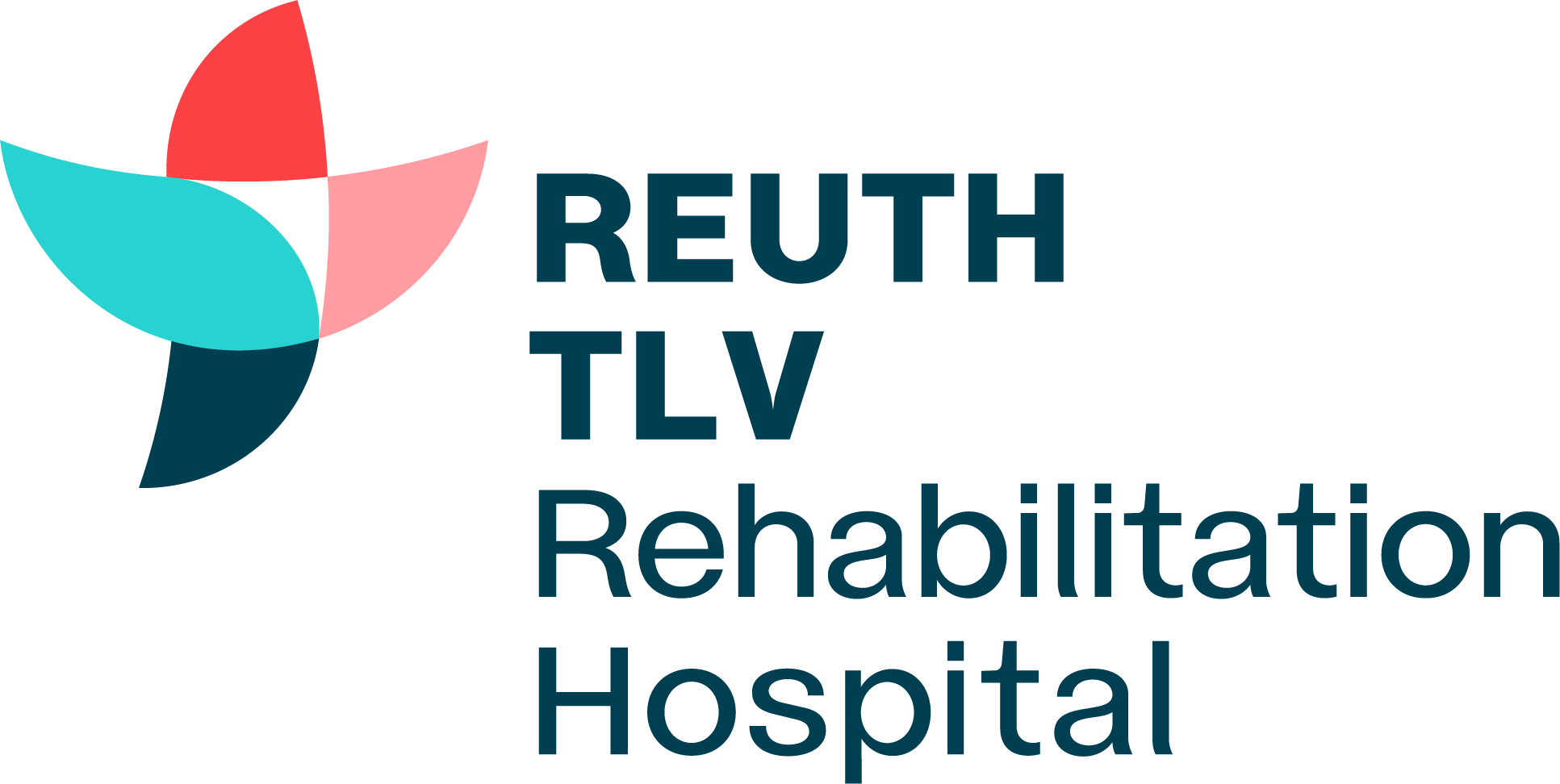What is Bituach Leumi’s Long-Term Care Benefit?
The Long-Term Care Benefit entitles recipients to assitance and supervision in everyday functions. A resident of Israel who has reached retirement age, and is dependent on the help of others in daily activities, or requires supervision, is entitled to Bituach Leumi’s Long-Term Care Benefit (Long-term Care Insurance Law). This is under the condition that He/ She live in the community or in a retirement home (which is also considered living in the community) and have passed Bituach Leumi’s income test. Eligibility is determined through the Dependence Evaluation, usually performed in the elderly person’s home by an assessor from Bituach Leumi.
In most cases, the Long-Term Care Benefit is given in the form of nursing care services. Among them: visits to a daycare center, a distress button, laundry services, supply of diapers for adults, and a caretaker who assit the elderly person in his home. Those who employ their own caretaker for at least 12 hours a day, 6 days a week, may choose to receive the benefit in cash.
The Foundation for the Benefit of Holocaust Victims
Holocaust survivors can enjoy special benefits in terms of added home care hours, beyond the regular number of hours granted by Bituach Leumi. These benefits are provided through the Foundation for the Benefit of Holocaust Victims, which is financed by the State of Israel. The Foundation’s definition of a Holocaust survivor is quite broad, allowing a large population to receive its benefits: not only persons who had been in ghettos and concentration camps or in hiding, but any individual who had fled from Nazi persecution, including in countries occupied by or supportive of Nazi Germany, such as Romania, Tunisia and others, as well as people who left Germany after the Nazis’ rise to power in 1933, Austria after its annexation to Germany in 1938.The dates relevant for other countries are from the start of World War II and the nazi occupation until the end of the War on May 8 1945.
Apart from nursing care, the Foundation for the Benefit of Holocaust Victims helps its beneficiaries in other matters, such as renovating their homes and dental care.
Conditions for receiving additional home care hours
The Foundation for the Benefit of Holocaust Victims offers different types of home care benefits, subject to the criteria specified below.
50 home care hours after hospitalization
For a person who has not yet been granted home care hours from Bituach Leumi according to the Long-Term Care Insurance Law, coming home from the hospital, without any nursing assistance, can be difficult. For this reason, the Foundation for the Benefit of Holocaust Victims offers Holocaust survivors 50 hours of home care during the first two months following hospitalization – even in cases of day hospitalization. In this way, the elderly Holocaust survivor can enjoy care at home as soon as he returns home. If the person is not expected to regain his/ her former level of functioning for a longer period of time, this interval, during which the he/ she receives the benefit through the Foundation, can be utilized to apply for Bituach Leumi’s Long-Term Care Benefit through standard procedures. Thus, when the two months are over, the person can continue to get home care hours through Bituach Leumi (providing he/she has been found eligible).
Please note! The Foundation’s special benefit must be requested while the person is still in hospital, through the hospital’s social worker. A Holocaust survivor who has already been released from the hospital cannot request this benefit. The benefit is given to Holocaust survivors three times a year, and up to five times within a period of two years. To file a new request the applicant must wait at least four months from the time the previous request was received at the Foundation.
Additional requests must receive special approval.
The Foundation for the Benefit of Holocaust Victims is considered a welfare organization, and as such it conducts its own income test, to ensure that the funds are received by those Holocaust survivors who need them most. In effect, however, this income test covers a large percentage of Holocaust survivors. The stipulation is that a single Holocaust survivor’s monthly income from all sources – including the Old-Age Pension from Bituach Leumi, Holocaust survivor Rente, and regardless of his/ her spouse’s income – does not exceed 9,902.78 NIS (January 2020).
Sulam in the Community
This program is run the Foundation for the Benefit of Holocaust Victims in Israel. It targets Holocaust survivors living in the community, at a time of crisis or illness. Holocaust survivors who meet the criteria can be eligible for 50 hours of nursing care over two months, via a commitment issued by the Foundation to a nursing comp any approved by the Foundation, even if the Holocaust survivor is not in hospital. The program’s aim is to prevent hospitalization and functional deterioration which may lead to chronic hospitalization and a need for a nursing care facility. Applications for this assistance are submitted through a social worker at the applicant’s Kupat Holim.
In 2015 you can apply two times a year.
9 additional hours of nursing care for those entitled to the Long-Term Care Benefit
Holocaust survivor is eligible to receive 9 hours of nursing care from the Holocaust Victims Fund, in addition to the nursing hours he receives from Social Security, If he meets these conditions:
– He was recognized as being persecuted by the Nazis, by the Holocaust Survivors’ Claims Conference or by the German Compensation Law.
- – He is eligible for a nursing allowance and has been assigned 6 points or more in the dependency assessment. Social Security transfers the details of those eligible to the fund, and no application and forms are required.
Payment to be forwarded by the Claims committee for 9 nursing care hours is 1,471 NIS (figure for Feb. 2016).
For more details and to fill out forms click add 9 care hours.
For a request to receive the additional hours in cash (for those receiveing the Long-Term Care Benefit in cash) from the Claims Committee click here.
For assistance in implementing the rights of Holocaust survivors, you may turn to the “Aviv leNizolei Shoa” (Spring for Holocaust Survivors) nonprofit organization, via the Reuth-EshelI information Center.
The information presented in the english website is partial. For full info please visit our hebrew website

 donation
donation 




“Reuth Information Center”, All rights reserved to Reuth rehabilitation hospital. Reuth Information Center is an informational site only. All information on the Website is not a replacement or a substitute for medical, legal, economic, consumer, financial or other advice and any use of the information on the Website is solely the responsibility of the User. Surfing is subject to Terms of Use.